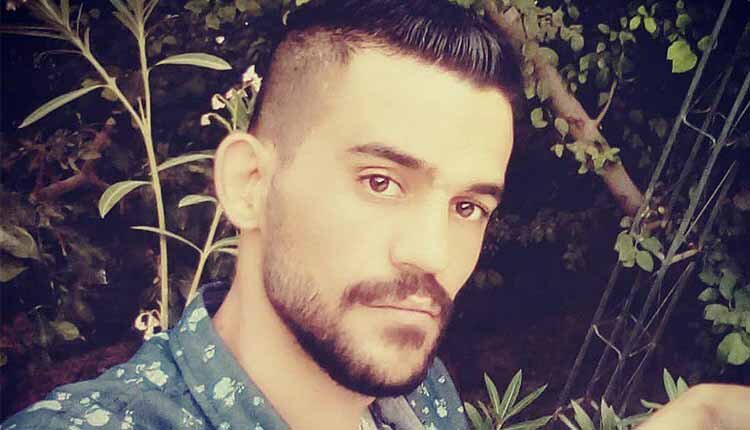Arsham (Mahmoud) Rezaei, a civil activist held in Rajai Shahr Prison in Karaj, been denied phone calls by order of Amin Vaziri, the assistant prosecutor in charge of political prisoners.
The two-month ban was ordered by Amin Vaziri, the assistant prosecutor in charge of political prisoners, on the pretext of “spreading propaganda against the regime through contacting outside the prison.” Rezaei’s phone card was blocked at the same time.
Arsham Rezaei had previously been deprived of the right to have a bank card to buy in prison and a telephone card to contact his family by order of Amin Vaziri.
Arsham Rezaei was arrested by the IRGC intelligence forces in Tehran on January 7, 2019, and was temporarily released on bail from Evin Prison on November 13, 2019.
Rezaei stood trial on February 26, 2019, before Branch 28 of the Revolutionary Court of Tehran, presided over by Judge Mohammad Moghiseh, without the presence of a lawyer and without prior notice.
He was sentenced to a total of eight years and six months in prison on charges of “spreading propaganda against the regime,” “assembly and collusion against national security” and “insulting the supreme leader.”
The verdict was upheld by Branch 36 of the Tehran Court of Appeals, presided over by Judge Seyed Ahmad Zargar.
The activist would have to serve five years behind bars according to Article 134 of the Islamic Penal Code, which allows defendants to serve only the longest sentence in cases involving multiple convictions.
Arsham Rezaei was arrested on November 18 last year to serve his five-year sentence and transferred to a solitary confinement cell in Rajai Shahr Prison, known as the Suite.
Arsham Rezaei was arrested on November 18, 2020, to begin serving his five-year sentence.
Rezaei stood trial again in connection with a new case on January 20 in Branch 26 of the Revolutionary Court of Tehran, presided over by Judge Iman Afshari.
He was sentenced to 15 months in prison and four months of forced labor in the Ministry of Agriculture Jihad on charges of “propaganda activities against the system and collusion against the internal and external security of the country.”
In this case, he was finally sentenced by the Court of Appeals as a second-degree defendant to 11 months in prison and four months of forced labor in the Ministry of Agriculture Jihad.











